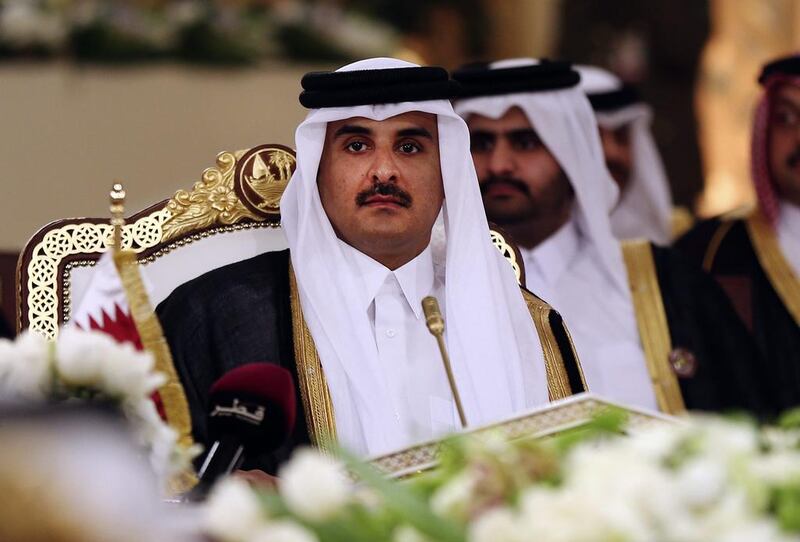And so the wait goes on. Qatar has asked for more time in the now weeks-long regional crisis. As The National reported, Doha has asked for a 48-hour extension to respond to a list of conditions set down by Saudi Arabia, the UAE, Bahrain and Egypt. The request was delivered via Kuwait’s emir, who has been leading mediation attempts. By Monday afternoon, reports suggested that Qatar had delivered its response to the demands, although no further details were forthcoming. And so the clock ticks on.
Seasoned observers of the Gulf have begun to characterise this crisis as the worst in the history of the Gulf Co-operation Council. In truth, there have been more difficult situations for the GCC to wrestle with than the one of today. The current crisis can and will be solved, but it relies on Qatar preferencing function and fair-play over its current truculent stance. In other words, the road map is easy to navigate.
The UAE’s position is clear. Qatar must change its behaviour, it must stop its funding of terrorism, it must make not break promises, it must listen to the region’s concerns. If it does not, there will be consequences. In such circumstances, as Dr Anwar Gargash, Minister of State for Foreign Affairs, said, “parting ways” becomes an inevitability. If that schism happens, the future is bleak for Qatar. Already its markets are wobbling, its economy is uncertain. The clock is ticking.





